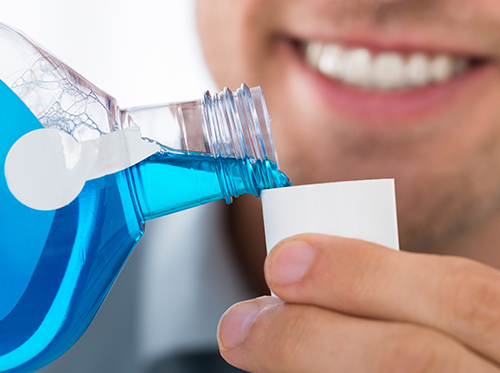Invisalign® and Invisalign Teen®
August 15th, 2017

There are so many adults and teens in our Orlando, FL office who would love to have their teeth straightened but that are unwilling to go through the long and unsightly process of traditional metal braces. Well, that's where Invisalign® and Invisalign Teen® come to the rescue; the most advanced clear aligner systems in the world!
There are several reasons why, if you're considering getting braces, you should consider Invisalign too. Here are some of them:
- You can eat whatever food you'd like, without worrying about it getting caught in wires or breaking brackets.
- Most people won't even know you're wearing them!
- If you need to, you can remove your aligners at any time.
- The removable aligners let you brush and floss as you normally would, making for better overall oral health.
- Since they are made of a smooth BPA-free plastic, Invisalign aligners are simply more comfortable to wear than traditional braces. No metal means no more roughed up gums or irritated tongue!
- You'll need to visit our Orlando, FL office less often — only once every six weeks or so.
- With Invisalign Teen, you’ll receive up to six replacements for lost or broken aligners.
Before you get started with treatment, you’ll have a consultation with Dr. Diaz to see if Invisalign or Invisalign Teen is right for you. If your case is a good fit, then you’ll have X-rays, pictures, and impressions of your teeth taken. That information will be used to make the 3D models of your teeth that let Dr. Diaz see how they will move throughout the entire treatment and approximately how long it will take.
After that, you’ll receive your aligners based on the treatment plan we recommend. You’ll get a new set of aligners every two weeks. Then all you need to do is wear your aligners 22 hours a day and you’ll be on your way to a straighter healthier smile. Don’t hesitate to a member of our Orlando, FL team for more information about Invisalign!








